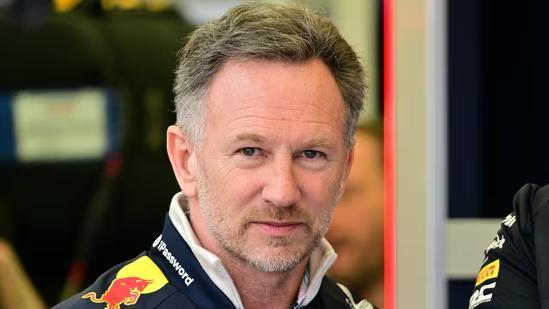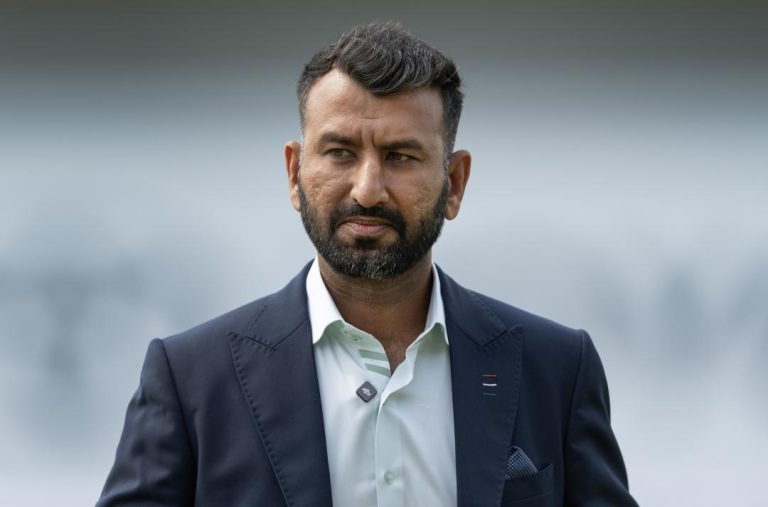
Title: Why did Red Bull sack F1’s longest-serving team principal Christian Horner mid-season?
In a shocking move, Red Bull Racing announced the termination of Christian Horner’s services as Team Principal, effective immediately, in the midst of the 2023 Formula One season. The sudden exit comes as a surprise, given Horner’s lengthy tenure at the helm, making him F1’s longest-serving team principal. But what led to this drastic decision? Was it solely due to the team’s on-track performance, or were there other factors at play?
Horner, who joined Red Bull in 2005, has been instrumental in the team’s success, winning four consecutive Constructors’ Championships from 2010 to 2013 and another in 2021. However, the past few months have been tumultuous, filled with controversy and public controversy. Several decisions, including dropping Sergio Perez months after extending his contract and moving Liam Lawson to the Racing Bulls team after just two races, have raised eyebrows.
There have been allegations of misconduct by a female colleague, which, although unconfirmed, could have contributed to Horner’s departure. Additionally, a public rift with Max Verstappen’s father, Jos, has created tension within the team. The usually tight-lipped Red Bull organization has remained tight-lipped about the reasons behind Horner’s exit, leaving fans and pundits alike to speculate.
In an exclusive interview with Hindustan Times, Horner addressed his shocking exit, stating that he had no idea it was coming. “I was given no warning, no explanation, and no discussion. It was a complete surprise,” he said. When asked about the reasons behind his departure, Horner remained vague, saying only that “there were differences in opinion between the team and the management.”
While Horner’s on-track record speaks for itself, his departure raises questions about Red Bull’s future in F1. The team has faced criticism for its handling of Perez, who was dropped from the main roster despite being under contract. The sudden promotion of Lawson, a relatively unknown driver, has also sparked debate.
Red Bull’s decision to part ways with Horner may be a move to distance themselves from the controversy surrounding the team. The allegations of misconduct, although unconfirmed, have put the team’s reputation at risk. By removing Horner, Red Bull may be attempting to restore its image and rebuild trust with fans and sponsors.
Horner’s exit also raises concerns about the team’s ability to adapt to the ever-changing landscape of F1. As the sport continues to evolve, teams must be agile and responsive to the changing dynamics. Red Bull’s decision to shake things up may be an attempt to inject new life into the team and improve its performance on the track.
In conclusion, Christian Horner’s shocking mid-season exit from Red Bull Racing is a complex issue with multiple factors contributing to his departure. While the team’s on-track performance has been a topic of discussion, the allegations of misconduct and public rifts have also played a significant role. As Red Bull looks to rebuild and move forward, the team must navigate the challenges of the modern F1 era, where adaptability and transparency are key to success.






